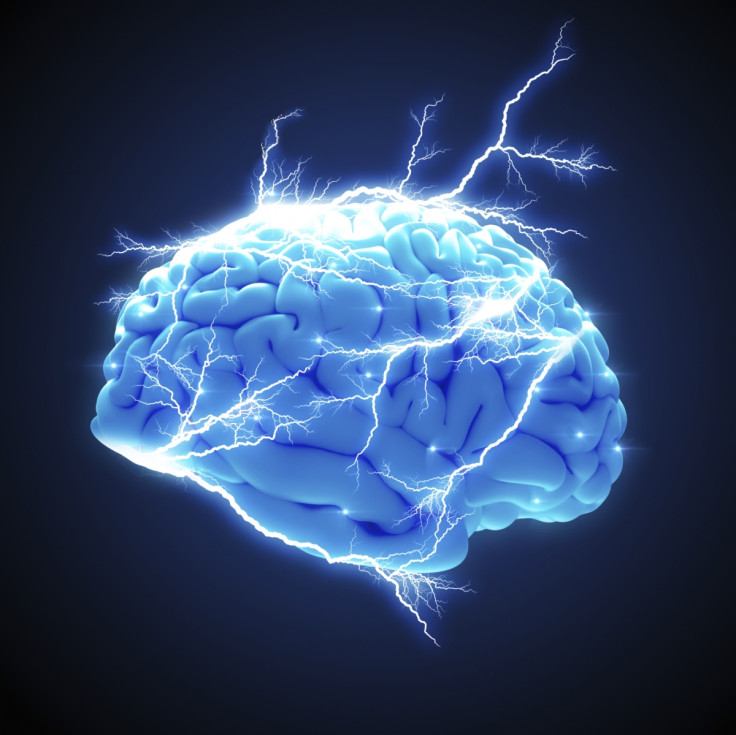Alzheimer's disease: Brain-blood barrier leakage linked to cognitive decline

People with early-onset Alzheimer's disease are more likely to experience leakage of the blood-brain barrier, scientists have claimed. Increased permeability of these cellular structures − which act as a separation between the circulating blood and the brain − may be a key characteristic of the early stages of the disease, and is associated with cognitive decline.
The study, published in the journal Radiology, is based on contrast-enhanced MRI scans, which were used to examine the brains of people with early-onset Alzheimer's.
The scientists investigated whether the blood-brain barrier leaked blood-circulating substances in the brain of patients with early forms of Alzheimer's disease (AD). They then assessed the extent and pattern of the leakage.
Loss of protection and dysfunctions
The blood-brain barrier is essential to keep brain tissues in healthy condition. Its function is to regulate the delivery of important nutrients, allowing their entry into the brain, while stopping unwanted substances from entering.
Leakage of the blood–brain barrier means this protection of the brain is disrupted, so unwanted substances can go through and affect brain tissues. This is associated with various neurological disorders.
Here, the scientists have examined the brains of 16 people with early-onset Alzheimer's, comparing them with 17 healthy controls. Analysing the MRI scans, they show that brain-blood barrier leakage rate was significantly higher in patients with Alzheimer's. Blood-circulating substances were leaked in the grey matter, and to a lesser extent in the white matter − the two tissues that constitute the central nervous system.
"Blood-brain barrier leakage means that the brain has lost its protective means, the stability of brain cells is disrupted and the environment in which nerve cells interact becomes ill-conditioned," says study author Walter H Backes. "These mechanisms could eventually lead to dysfunction in the brain."
Additionally, the researchers establish a positive relationship between the extent of blood-brain barrier impairment and a decline in cognitive performance. This confirms that a compromised blood-brain barrier may be part of the early pathology of Alzheimer's and eventually leads to the complete development of the disease.
© Copyright IBTimes 2025. All rights reserved.






















